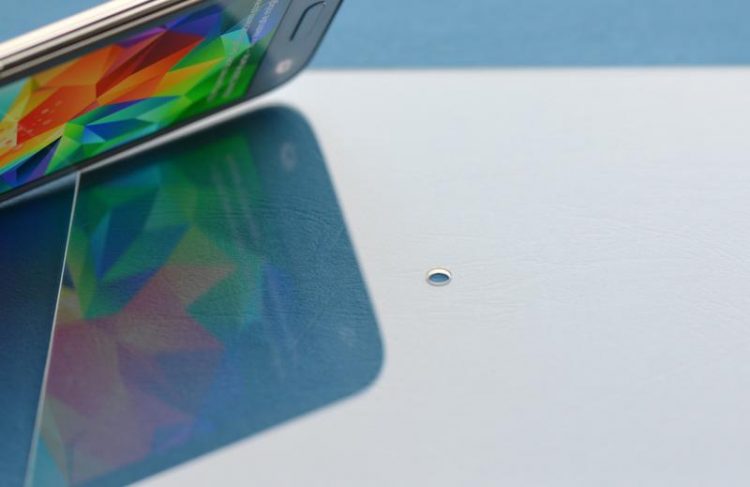New impulses for laser-based glass processing

Laserbohren von chemisch vorgespanntem Displayglas. LZH
Today, laser-based glass processing is state-of-the-art in many industrial sectors. But still this technology field is highly dynamic. Innovative process technology and systems are providing further important improvements in the processing of thin, flat and tubed glass for the future.
Processing results can now be predicted more and more accurately by numerical simulation.
“The models have reached such a high degree of maturity that the simulations are very close to reality,” said Prof. Jörg Hildebrand of the Technical University of Ilmenau. In addition, the correlation between the wavelength and welding seam quality has been demonstrated for ultrashort pulse laser welding (USP) welding. And in the field of separation processes, hybrid approaches with laser and plasma radiation have proved to be a promising topic for the future.
Major step forward in thin glass drilling
In order to optimize the laser drilling of thin glass, the team of Philipp von Witzendorff, Head of the Glass Group at the LZH, has developed a novel drilling strategy: “Our goal was to avoid edge chippings completely – and we have succeeded. We combine single pulses with different pulse durations.”
Lower unit costs with laser technology
Then the focus was on economic considerations. „Commercially available laser systems for glass cutting have not only quality advantages compared with mechanical processes. They also offer significant increases in productivity due to fewer process steps”, explained Christian Meyer from Coherent (Deutschland) GmbH. Even when compared with the water jet, the laser is one step ahead: Up to 4 mm thick glass can be laser-drilled for 3 cents cheaper.
The combination of lasers and robots also enables fully automated processes – with high process reliability and without tool wear. Jörg Zander from Aachen Quartz-Glas Technologie Heinrich confirmed that the increasing automation and the use of lasers in the manufacturing of complex hollow glasses has economically strengthened companies. He has implemented the results of a project with the LZH concerning the automation of a manual process in a medium-sized enterprise. As a result, the company can now keep up with their Asian competitors.
Valuable impulses for many industrial sectors
“The innovations and further developments in laser-based glass processing presented today provide valuable impulses for chemical process equipment, telecommunications and many other industries,” concluded Dr. Oliver Suttmann, Head of the Production and Systems Department at the LZH.
Media Contact
More Information:
http://www.lzh.de/All latest news from the category: Materials Sciences
Materials management deals with the research, development, manufacturing and processing of raw and industrial materials. Key aspects here are biological and medical issues, which play an increasingly important role in this field.
innovations-report offers in-depth articles related to the development and application of materials and the structure and properties of new materials.
Newest articles

A new puzzle piece for string theory research
Dr. Ksenia Fedosova from the Cluster of Excellence Mathematics Münster, along with an international research team, has proven a conjecture in string theory that physicists had proposed regarding certain equations….

Climate change can cause stress in herring larvae
The occurrence of multiple stressors undermines the acclimatisation strategies of juvenile herring: If larvae are exposed to several stress factors at the same time, their ability to respond to these…

Making high-yielding rice affordable and sustainable
Plant biologists show how two genes work together to trigger embryo formation in rice. Rice is a staple food crop for more than half the world’s population, but most farmers…



